7 Good Food for Cats: A Guide to Proper Nutrition
By. Mohammad Khosidil Haq - 19 Dec 2024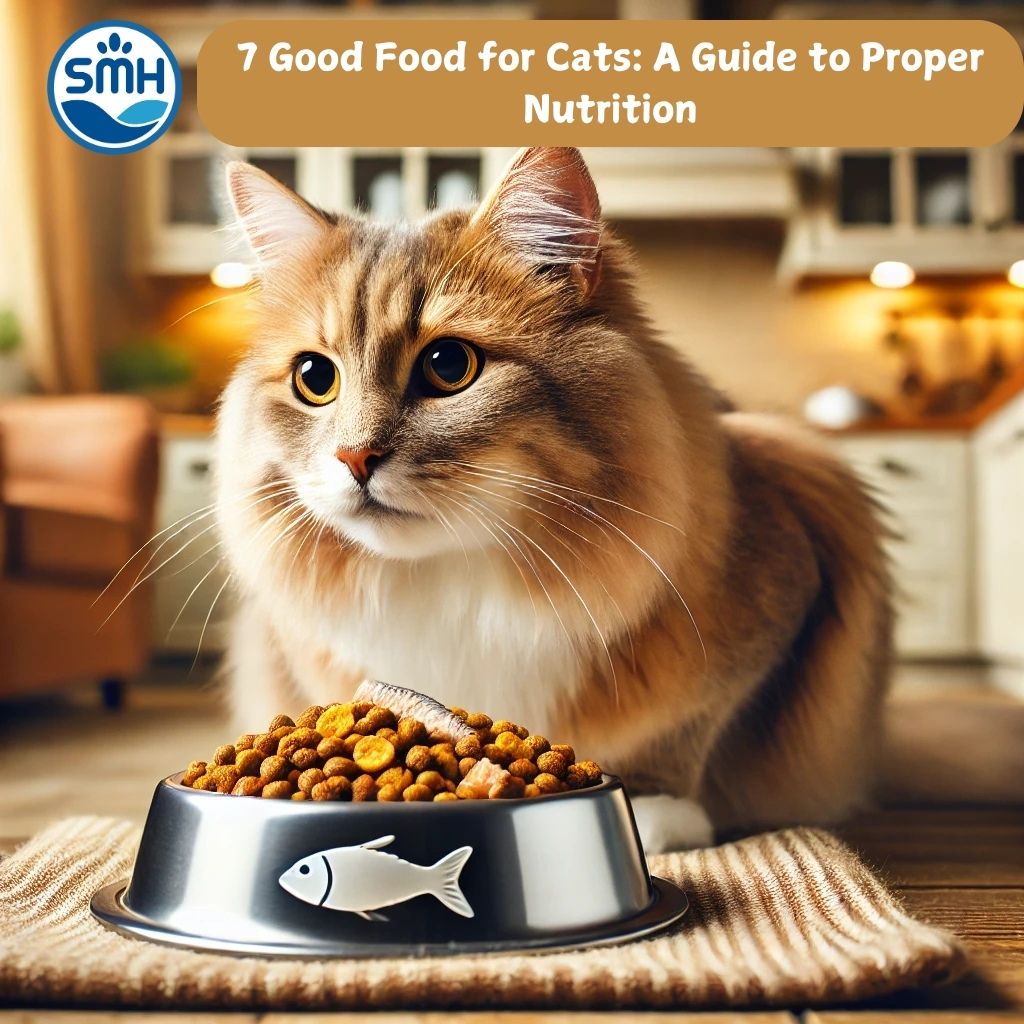
Cats are pets that need a balanced diet to maintain health, energy and shiny fur. Choosing appropriate food for cats is very important, considering that their nutritional needs are different from humans or other animals. The following are types of food that are good for cats:
1. Wet Food (Wet Food)
Wet food generally contains high water content, around 70-80%, so it helps keep cats hydrated. This is especially beneficial for cats who rarely drink water. Additionally, wet foods are often more appetizing due to their stronger texture and aroma.
- Pros: Contains high protein and helps support kidney function.
- Disadvantages: Not suitable as the only food source because it contains less fiber.
2. Dry Food
Dry food is more durable and practical. These products are often formulated to help clean cats' teeth, prevent plaque, and maintain healthy teeth.
- Advantages: Suitable for tartar prevention and economical.
- Disadvantages: The water level is low so the cat has to drink more.
3. Fresh Meat
Cats are true carnivores, so they need animal protein intake. Cooked chicken, fish, or beef are good choices. Make sure the meat is free from small bones that could be dangerous and is not cooked with spices such as salt or onions.
4. Fish
Fish such as salmon or tuna are rich in omega-3 fatty acids, which are good for healthy cat skin and fur. However, fish should be cooked to avoid the risk of parasites.
- Caution: Do not give fish in excessive amounts, because it can cause vitamin B1 deficiency.
5. Eggs
Eggs are a source of high-quality protein that are safe for cats when cooked. Raw eggs are best avoided due to the risk of salmonella.
6. Vegetables and Fruits
Some cats enjoy snacks on vegetables such as carrots or pumpkin, which aid digestion. Fruit such as melon or watermelon can also be given in small portions as a source of hydration.
- Caution: Avoid giving onions, grapes, or raisins, as they are toxic to cats.
7. Specialty Foods
There are many cat food products that are formulated for specific needs, such as obese cats, senior cats, or cats with allergies.
Tips for Feeding Cats
- Regular Schedule: Give food in small portions 2-3 times a day.
- Nutritional Balance: Make sure food contains a balance of protein, fat, vitamins and minerals.
- Clean Water: Always provide clean water to maintain hydration.
Benefits of Shrimp for Dogs: A Delicious and Healthy Source of Nutrition ; Benefits of Fish for Dog Health 6 Benefits of Eating Snacks for Cat Health ; 5 Benefits of Shrimp for Cat Health
Foods to Avoid
- Human foods such as chocolate, onions, or foods high in salt.
- Small bones that can get stuck in the throat.
- Dairy products if the cat is lactose intolerant.
With a good diet, your cat can stay healthy, active and happy. Always consult a veterinarian to ensure your cat's nutritional needs are met
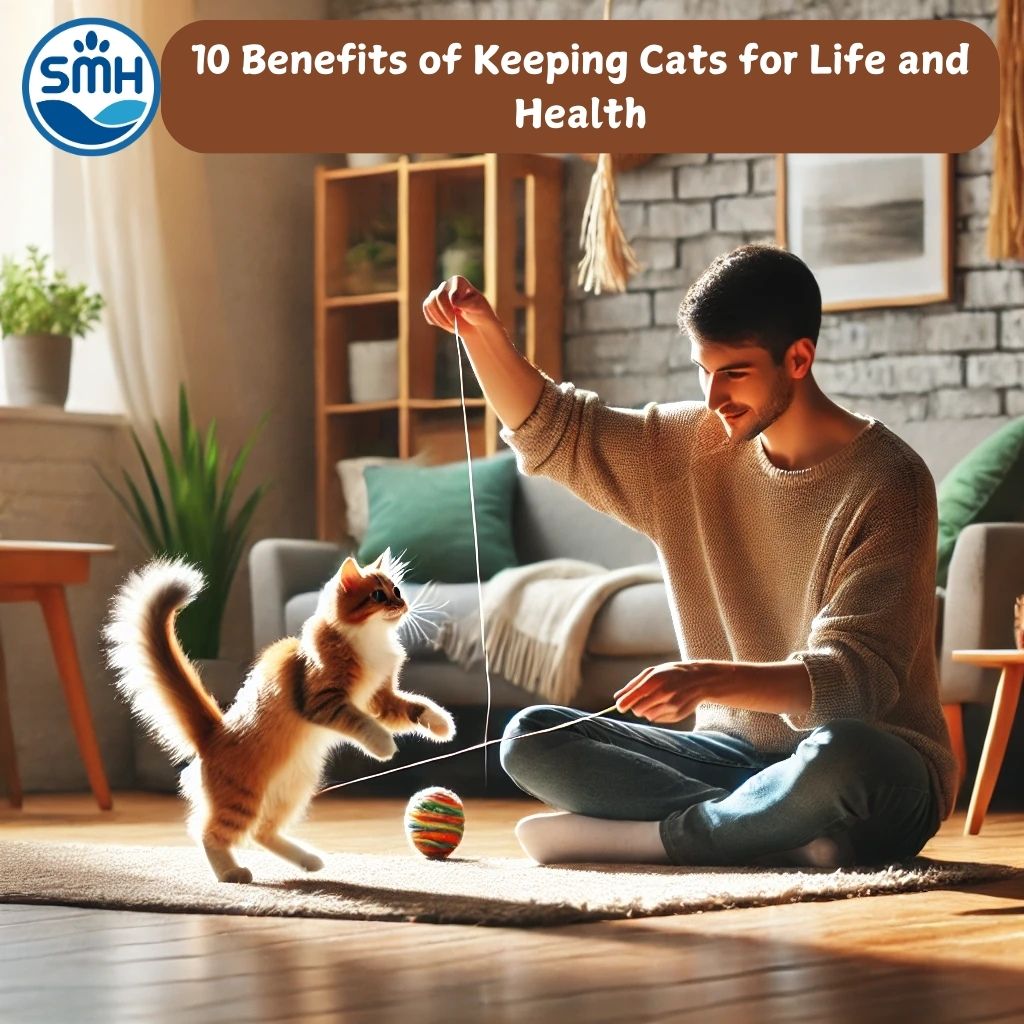
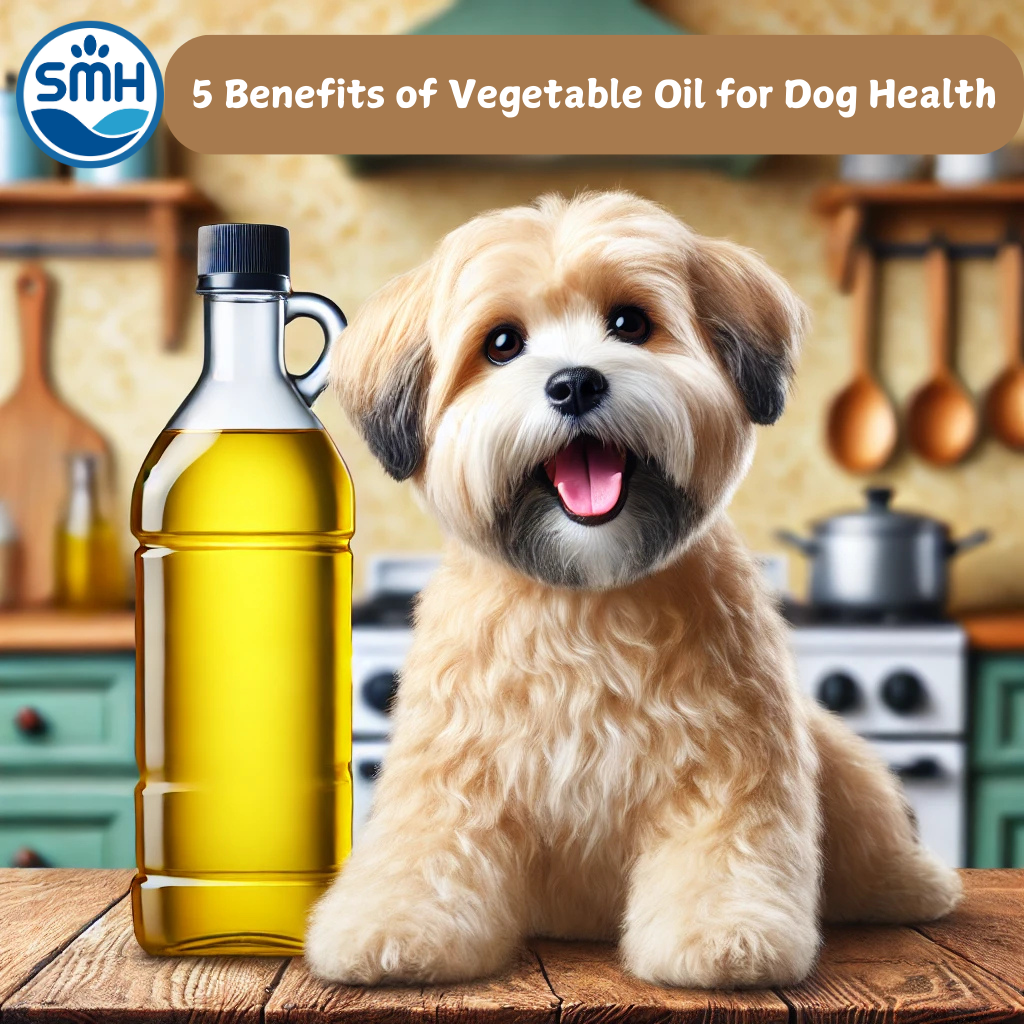
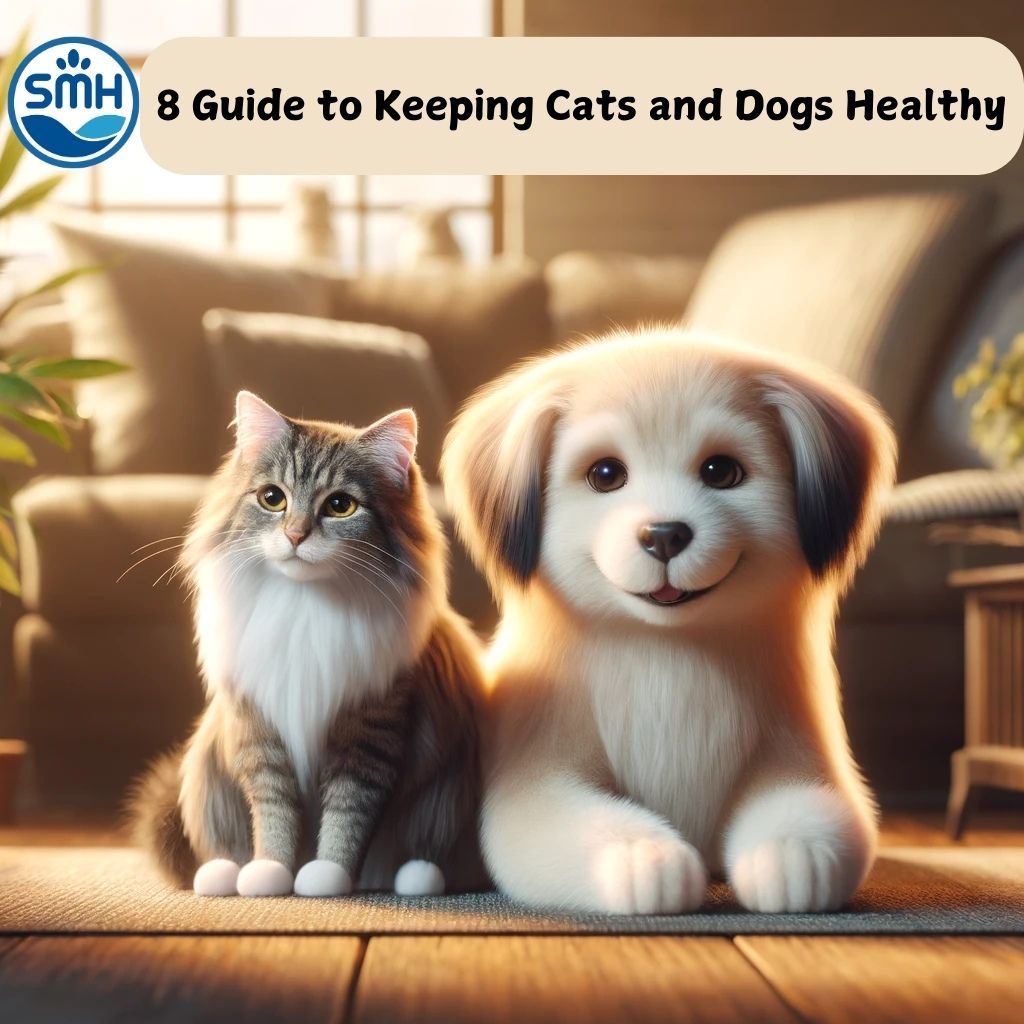
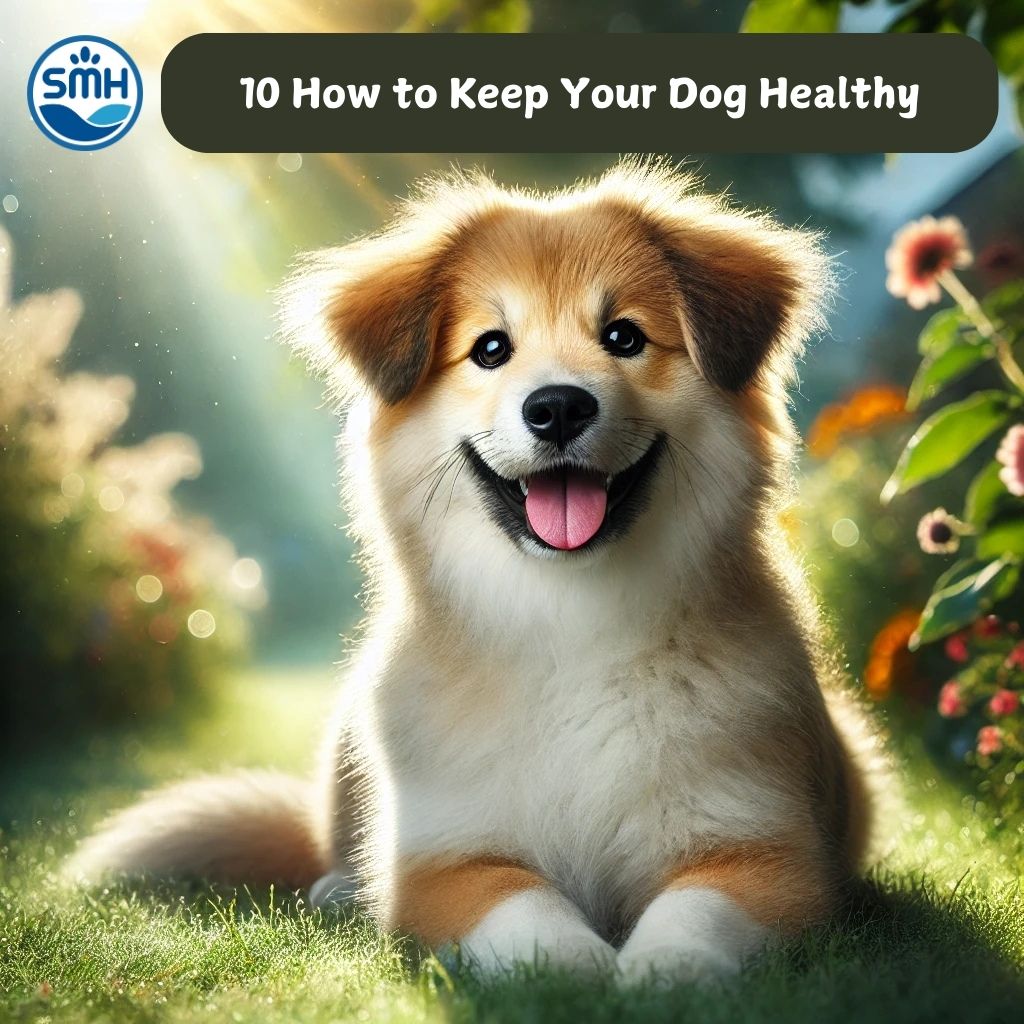
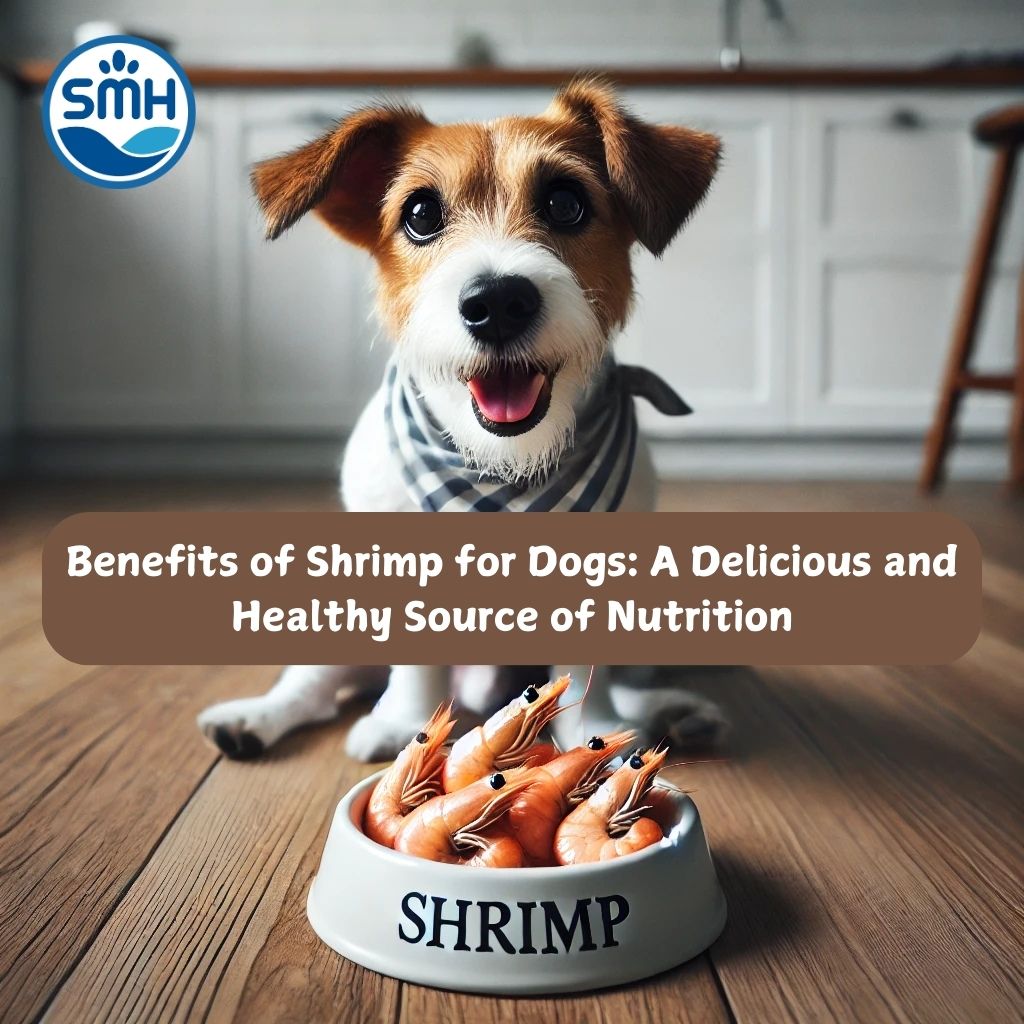
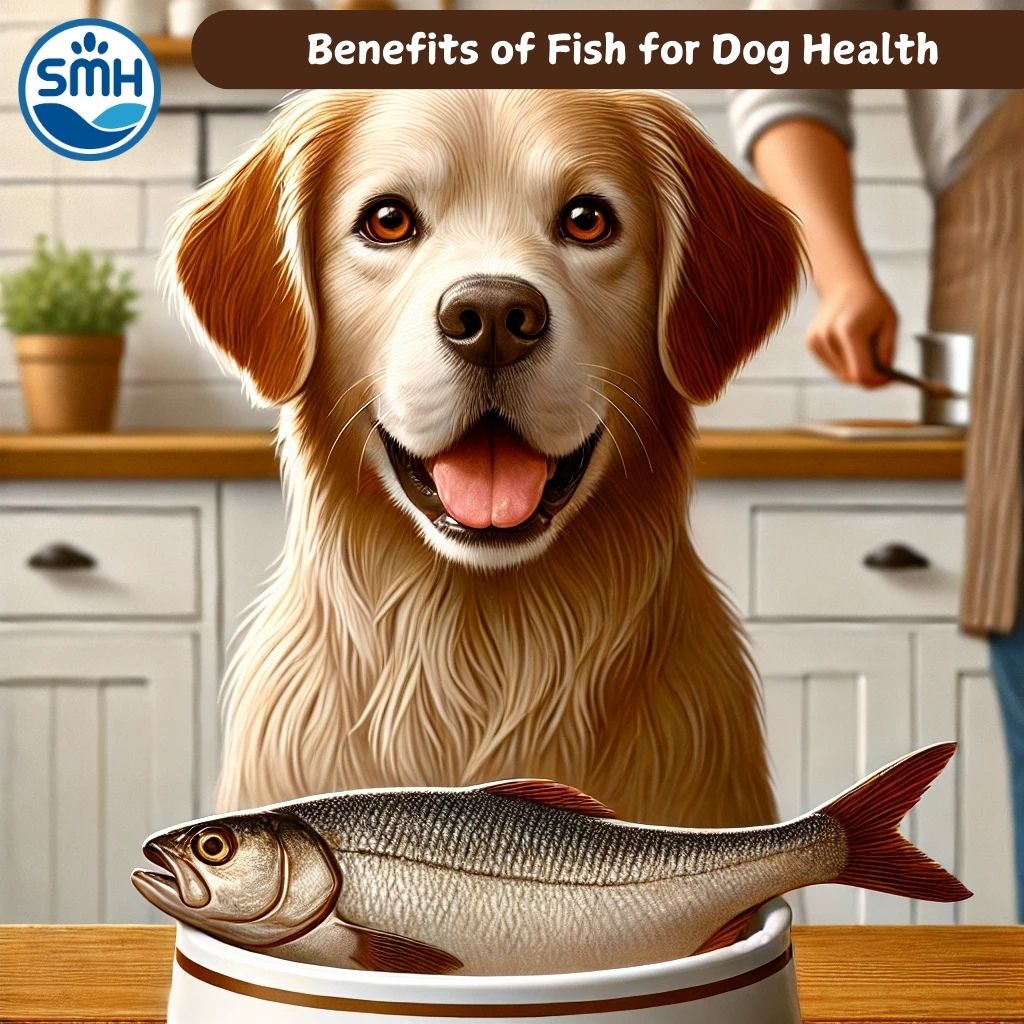
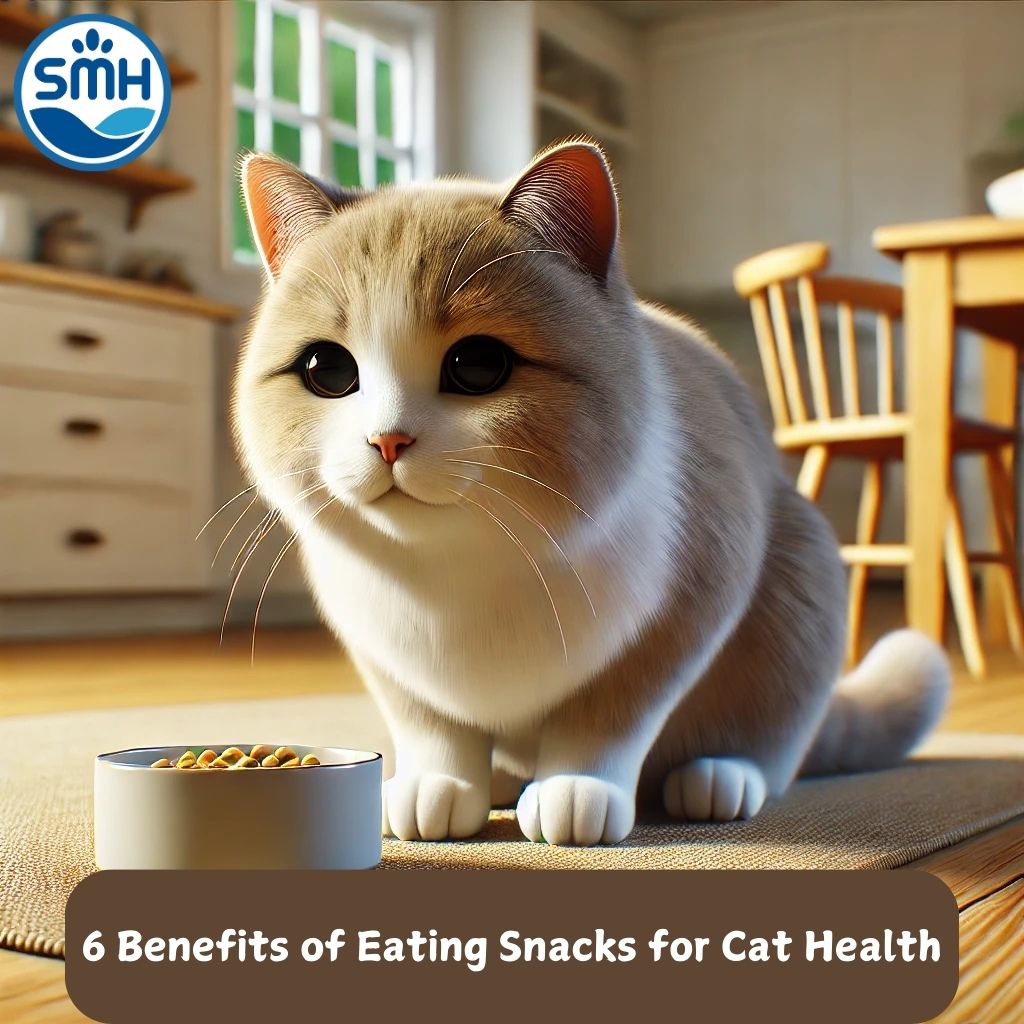
.jpg)